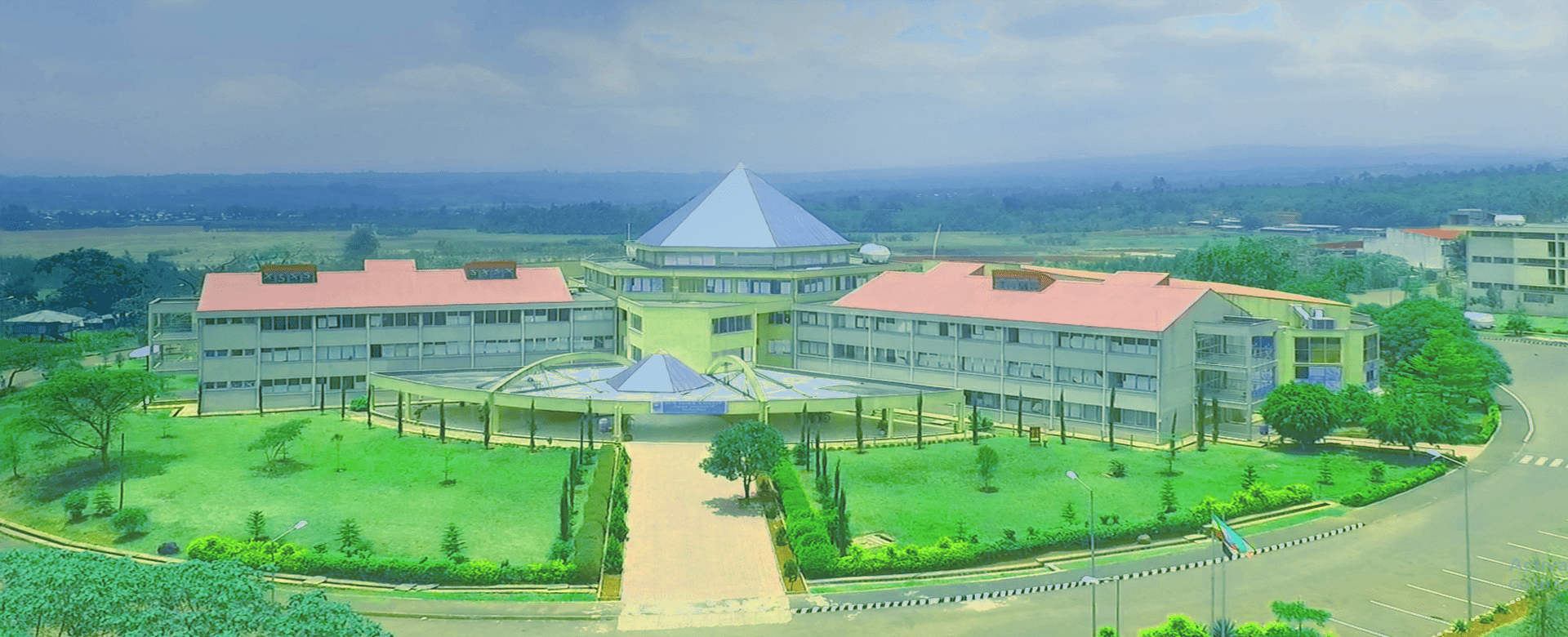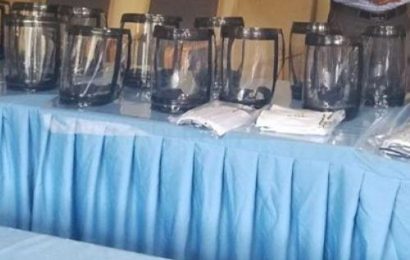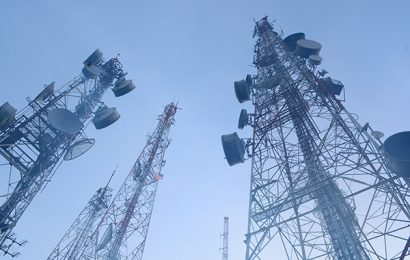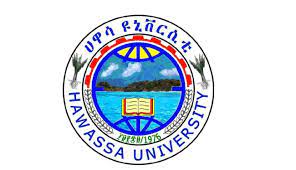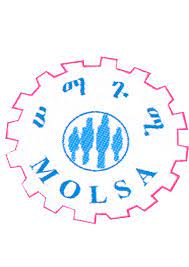Welcome to Jimma Institute of Technology
The Jimma Institute of Technology was initially established as the faculty of technology (FoT) back in 1997 when the government decided to expand the then Jimma Institute of Healthy Science (founded in 1983) beyond health fields and upgrade it into a full-fledged university with the opening of faculty of technology and faculty of business and economics. Upon its establishment, the faculty comprised three departments: the Civil Engineering Department, the Electrical Engineering Department, and the Mechanical Engineering Department. The first batch of students from the Faculty of Technology’s regular program graduated in 2002. Since then, the faculty has turned out competent graduates and contributed to the country’s development. To diversify its study programs, two more engineering programs, namely Water Resource and Environmental Engineering and Biomedical Engineering departments, were launched in the faculty. With this, the number of engineering departments has increased to five. Initially, the study period of undergraduate engineering departments was five years. However, due to the reform introduced into the country’s educational system, it was reduced to four years in 2003.
JU is one of the pioneer public higher institutions that have started the study and implementation of Business Process Re-engineering (BPR), and being part of the university, FoT was an active contributor. With the implementation of BPR in July 2009, the technology faculty was changed to the College of Engineering and Technology and became one of six colleges in the university. As a result of this arrangement, the college added three new computing departments: computer science, information science, and information technology. This brought the total number of departments to eight. One of the college’s most significant academic accomplishments was launching a postgraduate program in Sustainable Energy Engineering in 2010.
As part of JU, the faculty embedded its program with the university’s philosophy, i.e., CBE (Community-Based Education) programs. Due to the nation’s needs, the college was making significant strides toward adding other pertinent programs, namely chemical engineering, architecture, water supply and environmental engineering, material science and engineering, and software engineering. This raises the number of regular undergraduate programs to 13.
In 2008, the university administration constructed a new, separate, and dedicated campus for the Institute at its Kito-Furdisa site. This new campus is state-of-the-art and architecturally magnificent, and it has become a benchmark in the country. The campus, the current JiT, commenced hosting students in January 2011. JiT is one of the ten Institute of Technologies (IoTs) in the country.
Currently, JiT has five Faculties and two Schools that run both teaching and research. These are the Faculty of Civil and Environmental Engineering, Faculty of Electrical and Computer Engineering, Faculty of Computing, Faculty of Mechanical Engineering, Faculty of Material Science and Engineering, School of Biomedical Engineering, and School of Chemical Engineering. These academic units have 13 departments and more than 25 chairs.
______________________________________________________
Technology for Community Development!
Latest Posts
JiT Sport Center: Upcoming
The Sport field under construction for the last four years in the campus…
Jimma University Innovation Incubation Center, JUIIC
One of the outstanding events of this week: Jimma University Innovation Showcase organized…
Jimma University Innovation Incubation Center
From Seed to Stride: Witnessing the Remarkable Journey of Jimma University Innovation Incubation…
Upcoming Events
E-learning Programs
JiT offers a range of undergraduate and graduate online programs in collaboration
Research at JIT
With an unwavering focus on rigorous inquiry, JiT research continually breaks new intellectual ground. Across disciplines, departments, and over a number of institutes and centers, our researchers produce ideas that matter—and change the world.
Community Service
Based in western hub of Jimma town, JiT is an integral part of our vibrant city. With programs and partnerships in education, economic, social, community needs and more, we’re creating a new model of engagement for urban institutes.

